BLUE WARRIORS
“There are costs to action. But they are less than the long range risks of inaction”
by JFK
Our Impact
75,000
tREES PLANTED
In only 3 months, a seeding will begin absorbing a significant amount of carbon dioxide from the atmosphere.
11,700
PEOPLE IMPACTED
Revenue generated from the sale of farm produce & honey will provide access to clean water, & pay tuition,
3,275
DONATED MASKS
donated 3,275 masks to indigenous students
Trees are the simplest, fastest, cheapest solution to mitigate climate change

Our Product
Samburu girl at DNRC graduation
Maasai woman preparing lunch
Maasai woman with baby
Get Involved. Volunteer with us
Fund tree seedlings @ $1.00 each
Tree seedlings are donated to villagers living in extreme poverty
Shop to support
(Our online store is under construction. )
Fund beehives @ $50 each
Honey generates sustainable income for villagers living in extreme poverty

Flock of chickens @$.50 each
Villagers can generate revenue from poultry products
Fund a truck of water @$100 each
During the dry season, villagers have to walk 5 miles to collect water. They need the water for consumption and to irrigate the trees we are growing
Trees are the best defense against climate change

SDG Goals
We are taking a holistic approach to climate change.
Indigenous people make up 5% of the global population, yet nurture 80% of biodiversity worldwide.
They posses undervalued knowledge about plants and wildlife passed down for millennia. Villagers are on the front lines of climate change. They pay the highest prices and have contributed the least to global warming.
For centuries, humans, wildlife, trees and plants have always been part of a vibrant biosphere. A sustainable ecosystem ensures that humans and wildlife can both thrive.
All humans around the world want the same things, to take care of their offspring. That’s why indigenous tribes need our help so that they can educate their kids and break the cycle of extreme poverty.

“It’s about biodiversity ”
— by Pep Cearnal
U.S. Outreach
The U.S makes up 4.3% of the global population, yet produce 15% of greenhouse gases. It’s imperative that we play our part in reversing climate change immediately.
We fundamentally believe that humans beings are capable of doing anything that they set their mind to. Based on this belief, I declare that we shall reverse climate change. We will do this by collaborating with all people and all organizations in the world to make this happen. We live in an era where climate change affects all walks of life. We are in this together.
It’s a well known fact that trees absorb carbon dioxide, increase the micronutrients in the soil, and the biodiversity of the environment. The carbon budget is finite. As carbon dioxide increases, in the atmosphere, we need to plant more trees in order to achieve sustainability. Heat is trapped in carbon molecules. The more carbon in the air, the hotter it gets.
We need to reinstate a balance where we plant billions of trees while reducing the global carbon footprint. In the 1850s, there were 2 million acres of Redwood trees in California. Only 4% are left today. Development has come at the expense of the environment.
Intense heat from the Sahel desert (3,670 miles) warms up the Atlantic ocean. In turn, this increases the ferocity of hurricanes that strike the East Coast. Moderating rising temperatures would reduce ocean acidification and minimize financial loss from these hurricanes.
Tubbs wildlfire, Napa Valley, 10-8-2017

10 THINGS YOU CAN DO TO SAVE THE PLANET (AND YOUR MONEY)
Eat plant based foods. (30% of greenhouse gasses come from red meat production.)
Eat less seafood (93% of world’s carbon dioxide is stored in oceans)
Compost all food waste in order to reduce methane from landfills.
Walk more. Drive less. Use alternative means of transportation.
Conserve water. Use refillable bottles. Take 2 minute showers.
Buy less, Reuse and recycle the things you already have.
Reduce, reuse and recycle all plastic and paper products.
Use less ice and air conditioning.
Support the education of girls in developing countries tor educes global population growth
Watch the Netflix documentaries: Kiss the Ground, Cowspiracy, and Seaspiracy.
Collectively, if billions of people around the world made small changes to their lifestyles, it would have an enormous impact on the environment. 70% of all fresh water goes into agricultural production. 1/3 of crop land is used to grow livestock feed for 95 million cows. In other words, plant based diets are less resource intensive, more affordable and better for human consumption as well as for planetary health.
Increasingly, intense wildfires are scorching forests across the Western states including California, Nevada, Colorado and Arizona. 36 states have a looming water crisis. If we do nothing, 25 years from now, we will have a hotter, drier unlivable planet.
Orange skies from the North Complex wildfire - 9/9/20
READ MORE
Tribal communities around the world have taken care of the rainforests, and wildlife for centuries and continue to do so even today. Helping them is a way of supporting wildlife and Mother Earth simultaneously.
The deforestation occuring in Brazil is as a consequence of the beef industry’s insatiable appetite for cheap red meat sold at fast food outlets. Over 610,000 people die annually from obesity and heart related complications. Over consumption of red meat is killing Americans and the planet alike.
Climate change is a public health crisis. The effects of climate change on human health is divided into two categories. Direct exposure to extreme heat can lead to heat stroke and dehydration. Insect - borne diseases such as Zika, cardiovascular, and respiratory diseases including Covid 19, SARS, and MERS.
It is crucial that we save the planet for the next genrations of humans and wildlife. We need a rapid carbon transistion to net zero.

About Us
Pep Cearnal
Founder and CEO
Dr. Betty Gikonyo
Advisor. Founder of Karen Hospital
Teddy Kinyanjui
Advisor. Founder Seedballs
Mark Sickles
Advisor. Founder and CEO of SuperOrg
Ena Garg
CTO
Priyanka Lalwani
Marketing. Founder and CEO of Precise Persona.
Contact Us
Contact Information
3145 Geary Boulevard, Ste. # 22
San Francisco, CA 94118
(415) 668-1864
pep@bluewarriors.net

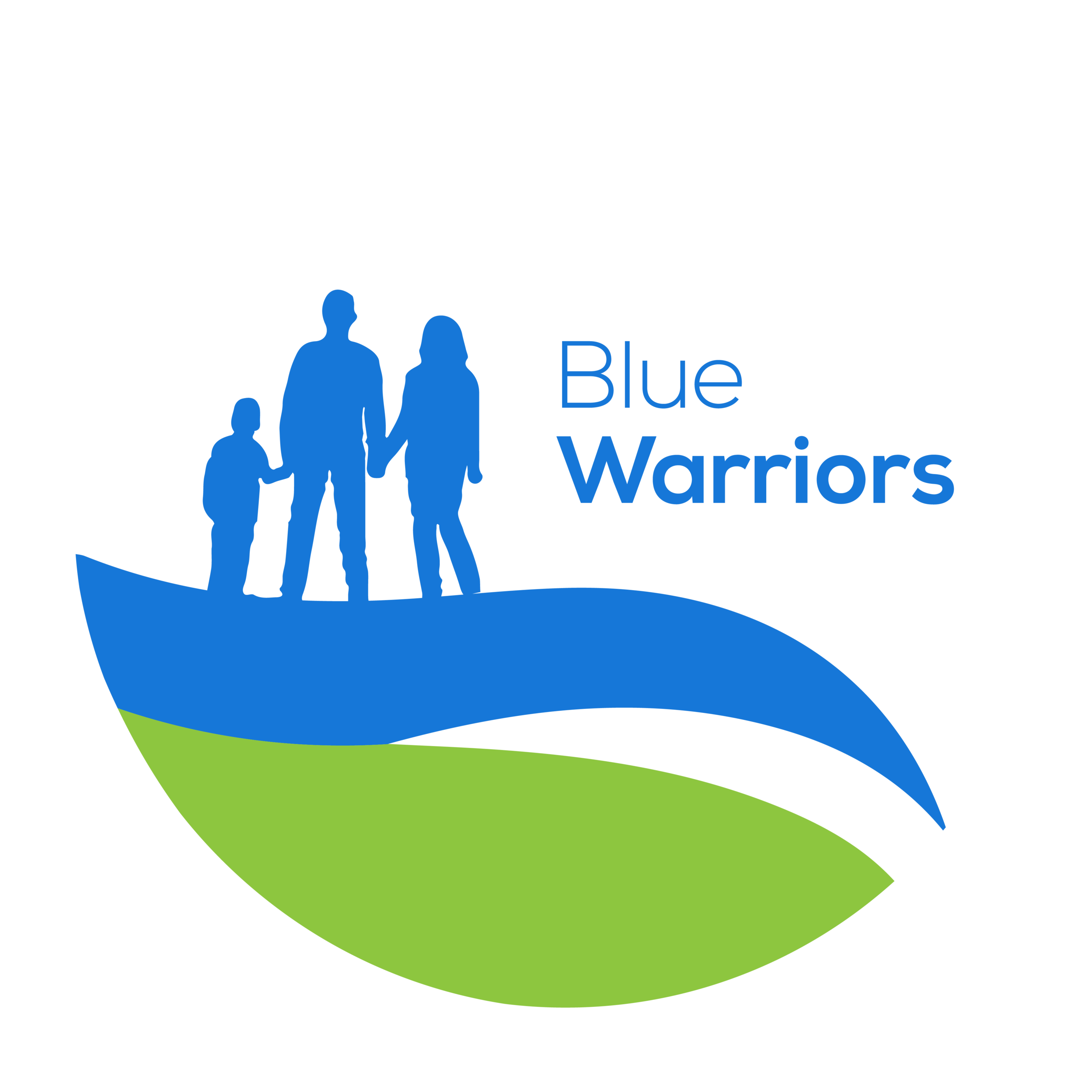












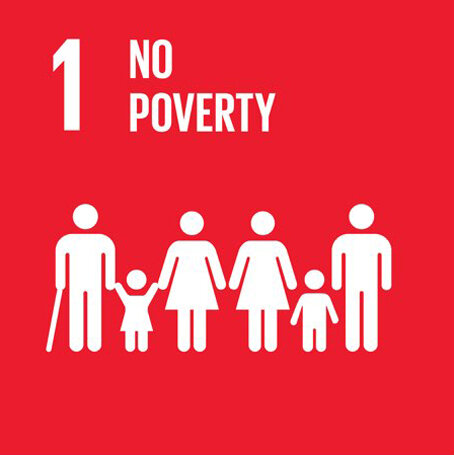
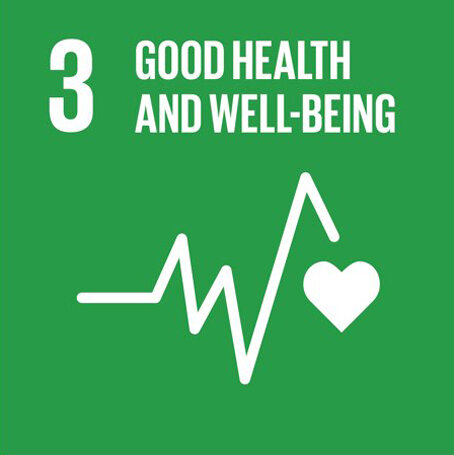
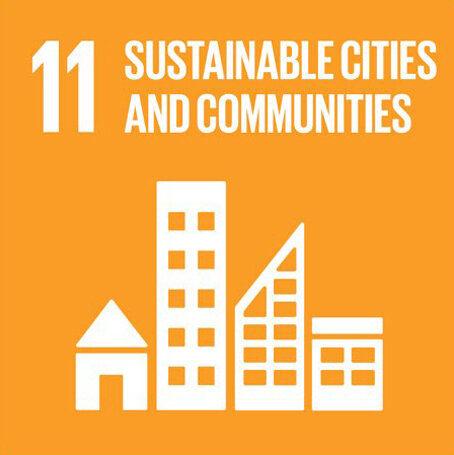
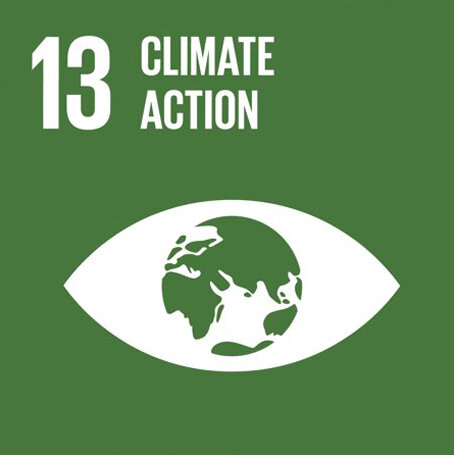
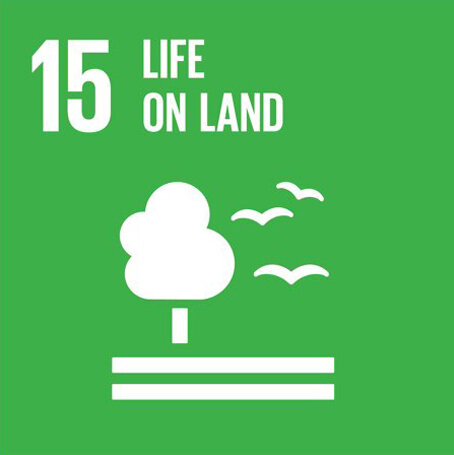















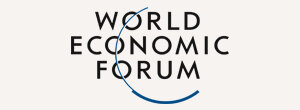



It is a long established fact that a reader will be distracted by the readable content of a page when looking at its layout.
Benefits of bamboo fabric:
Ultrasoft
Thermal regulating
Wrinkle free
Biodegradable